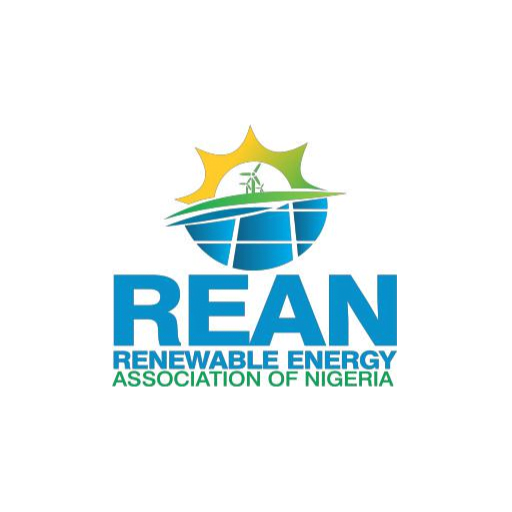The Renewable Energy Association of Nigeria (REAN) has voiced strong opposition to the Federal Government’s proposed ban on solar panel imports. REAN acknowledges the government’s aim to boost local manufacturing and ensure energy security but stresses the critical need for a conducive business environment before implementing such restrictive measures. The association argues that a sudden import ban could stifle the burgeoning renewable energy sector, jeopardizing its growth and negatively impacting the very industry the government seeks to protect. REAN emphasizes the vital role solar energy plays in powering homes, businesses, and essential services for millions of Nigerians who lack access to the national grid. The association warns that an abrupt ban, without adequate local production capacity, risks disrupting this progress and hindering access to affordable clean energy.
REAN President, Ayo Ademilua, underscores that building a robust manufacturing sector requires a strategic and phased approach, not a sudden prohibition on imports. He highlights the challenges faced by local manufacturers, including high production costs, supply chain inefficiencies, and limited access to raw materials. Ademilua argues that expecting local manufacturers to meet national demand without addressing these fundamental obstacles is unrealistic and could be detrimental to the industry’s growth. He emphasizes the need for government support in the form of financial incentives, infrastructure development, and technological advancements to empower local producers to compete effectively.
The association cautions against the potential negative consequences of a premature import ban. Ademilua warns that restricting imports could lead to price hikes, making solar solutions less accessible for average Nigerians. Furthermore, businesses reliant on imported components might face closure, leading to job losses rather than the intended job creation. The policy could also deter investors due to the uncertain policy environment, slowing the momentum gained by the renewable energy sector. REAN believes that a gradual approach, which supports local manufacturing while allowing necessary imports, would be far more effective in achieving the government’s objectives.
REAN proposes a phased approach that nurtures local manufacturing while maintaining access to essential imports. This strategy would involve incentivizing local producers through tax breaks, grants, and infrastructure support, thereby laying a solid foundation for long-term sustainability. The association also advocates for fostering partnerships between international companies and Nigerian firms to facilitate knowledge transfer and technological exchange, strengthening the industry from within. REAN maintains that Nigeria’s energy transition requires a holistic approach, not a single, potentially disruptive policy decision.
The association urges the government to prioritize creating a competitive and sustainable solar industry that supports local businesses without jeopardizing the essential role imports currently play. REAN emphasizes that the government should act as an enabler, not an obstacle, in this vital transition. The focus should be on fostering a thriving renewable energy sector that genuinely serves the Nigerian people.
REAN reiterates its commitment to collaborating with policymakers to develop balanced solutions that align national interests with industry realities. The association strongly advises the government to reconsider the proposed ban and instead concentrate on building a resilient and self-sustaining solar industry. This approach, REAN argues, will ensure affordable access to clean energy for all Nigerians while fostering a thriving and competitive local manufacturing sector.


